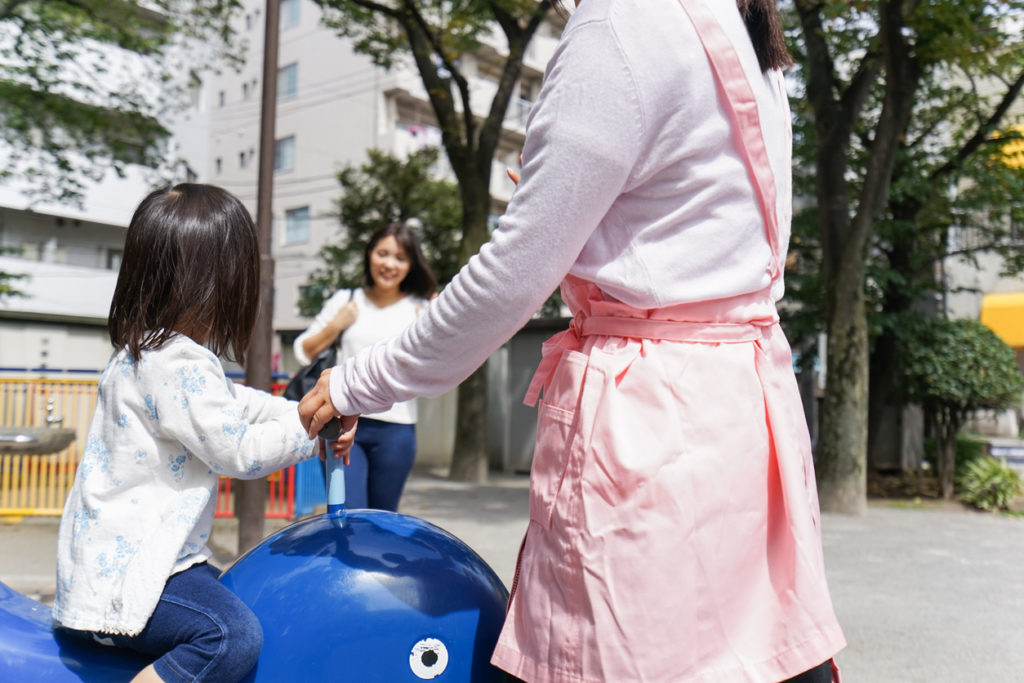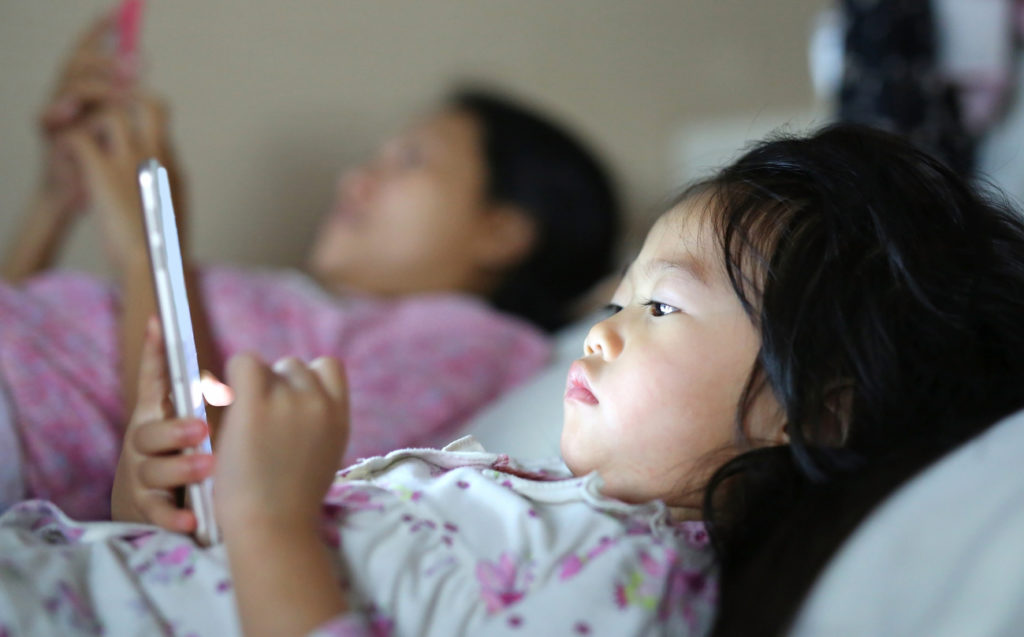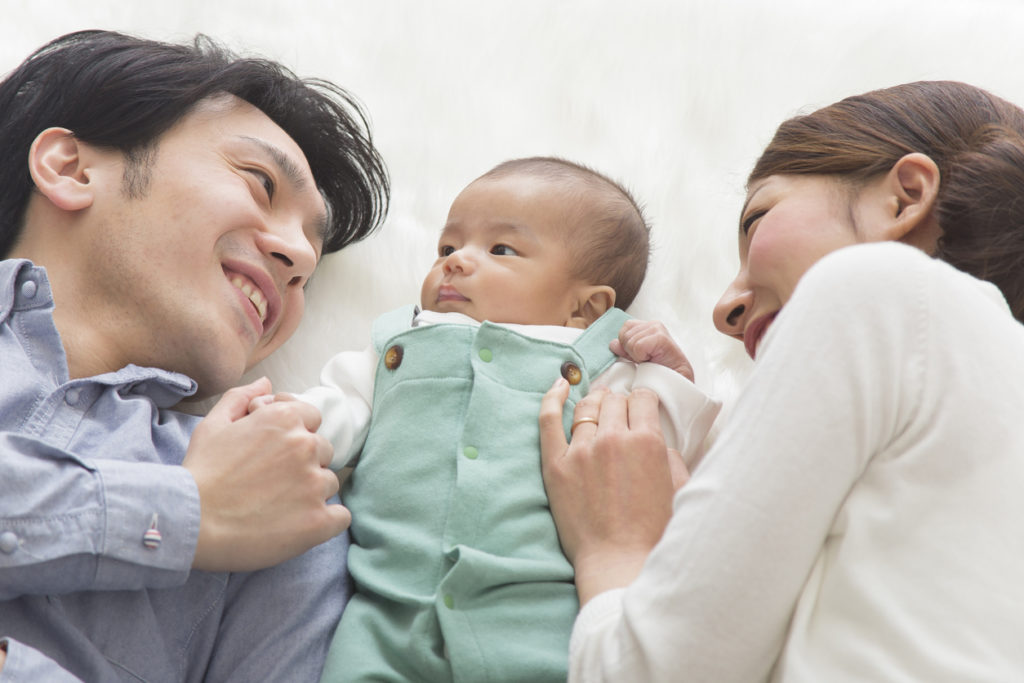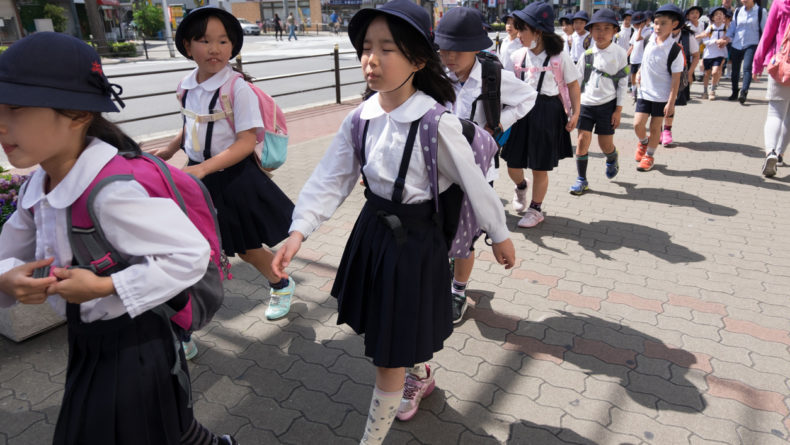Gender Gap: What Paid Holiday Use Reveals About Parenting In Japan
Data Shows That Japanese Mothers Aren't Using Their Time Off For Fun
Why do you request paid leave? To go on vacation? To take care of your personal errands? Well, neither of these is the top reason why Japanese working mothers request paid holidays.
Recently, I came across an interesting article online, which introduced a survey conducted in November 2015 by Dai-ichi Life Research Institute Inc., a research and consulting institution that’s part of the Dai-ichi Life Group, a life insurance group. It surveyed 1,400 married individuals aged 20 to 59, who work full-time and have children, on how they use and think of their paid vacations. The questionnaire analyzed answers from 980 individuals and the results were interesting: For females, the top reason for taking paid days off from work was “to participate in children’s school events” (62.9%), while for males, it was “to go on vacation or enjoy recreational activities with family” (57.3%). Only 29.9% of men – in comparison to women’s 62.9% – answered they’ve taken paid holidays to attend their children’s school events.
The same research also found that 35.9% of females have asked for paid holidays “to take care of children who are ill or injured,” whereas only 15.3% of males have done the same.

A Japanese mother is seen picking up her child at the kindergarten.
These results were, unfortunately, not very surprising. I’ve known for quite some time now that in Japan there exists a huge gap in how much involvement men have in child rearing compared to this of women’s. Fact is, females in Japan have contributed and continue to contribute more to bringing up kids.
Take my ex-colleague as an example — she works as a full-time contract employee while her husband is a freelance designer. They have a son in junior high school. Every time there was a school event or her son happened to fall ill, she was absent from work or had to leave early. If there was much to be done at work and she couldn’t be at home, she asked her parents or her husband’s parents to take care of her son. While I’m in no place to be judging anyone, I couldn’t help but wonder why she was almost always the one to rush to school or home to be with her child. Perhaps, being a freelancer, her husband had very irregular working hours. Still, something didn’t quite sink in.
Does ‘parent’ mean ‘mother’?
School events in Japan have traditionally been seen as something for mothers, not fathers. We have what’s called “Parents’ Day” (Jugyo Sankanbi, 授業参観日) in Japanese schools, where parents go to school to observe their children’s lessons. Recalling my elementary school days, however, I have a feeling that the term “Parents’ Day” should be read “Mothers’ Day,” because I don’t remember seeing any men standing behind the classroom.
This Instagram post is from a young Japanese mother who writes that she had to leave the class observation day earlier due to work. Her friend, another mother, took photos of her child on her behalf.
One of the main reasons why this has always been the case is that most Japanese women used to be housewives until quite recently. As a data put together by the Japan Institute for Labour Policy and Training indicates, it was only around the beginning of the 1990s when the number of married, working couples exceeded the number of households made up of working men and stay-at-home wives. The data also shows that finally in 2016, the number of dual-earner households increased to roughly twice the number of single-income households.
For females, the top reason for taking paid days off from work was “to participate in children’s school events” (62.9%), while for males, it was “to go on vacation or enjoy recreational activities with family” (57.3%).
But even though there are a lot more working mothers now than 20-30 years ago, I believe the notion that mothers are mainly responsible for the rearing of children still sticks around. Reading online bulletin boards such as Yomiuri Online’s Hatsugen Komachi on what Japanese mothers have written about their husbands, there still are men who think – and sometimes explicitly say – “child-rearing is a woman’s responsibility” and that “it’s not cool for men to miss work to take care of kids.” I realize that not all men share this kind of mentality, but I do think this is one of the reasons why men’s attendance at school events remains low compared to that of women’s.
Of course, I certainly don’t intend to accuse any Japanese men for escaping from the burden of raising children, because I understand that in this country, there’s still a notion or belief, especially for men, that working long hours serves as a display of loyalty to superiors as well as the employer itself. It is also well-known that still today there are many companies which use long working hours as a criterion for career promotions. It is therefore often physically and mentally difficult for Japanese men to leave the workplace to take care of their families. At the same time, however, we need to also acknowledge that oftentimes it is the fear of making changes that becomes the greatest obstacle to progress of any kind.
Saving holidays for emergency cases
As mentioned already, the survey described in the beginning of this article also found that roughly 2.5 times more women take paid holidays “to take care of children who are ill or injured” in comparison to their husbands. This was the case with one of my friends as well. She ended up quitting her work, a large part of the reason behind it being her frequent absence from work to be at home with her sick kids.

My friend used to work full-time at a well-known Japanese company, which has a reputation for being supportive of working mothers. After working for several years, she got married and later welcomed her first child. Then, during her maternity leave, she got pregnant again and went straight into another maternity leave. She resumed work afterward, but, as I came to learn from her frequent social media posts, she had to miss work or leave early because her kids fell ill. Oftentimes, when one of her kids got sick, he/she passed it onto the other, and when this occurred, my friend ended up not being able to go to work for the larger part of the month.
This issue is not something working couples can solve by themselves — it’s something their superiors, employers and the society as a whole must all tackle together.
Then the next thing I knew, she had quit her work. Even though she worked for a company which advocated working mothers’ career advancement, it appeared that she felt out of place as she was the only one who constantly had to miss work. It seemed that she also felt bad that her colleagues who had to take in additional work to make up for her missing hours.
So what can be done?

So, what should or could be done to change the current status quo? While the topic is far deeper and certainly calling for drastic changes, as a start, working mothers can attempt the following:
- Don’t try to attend all school events. Be selective about which need to be attended and which not.
- Don’t initiate the talk with your partner only when an emergency arises — this will most likely just lead to arguments. Communicate on a daily basis and know which one of you two has more time to spend on the kids at that particular moment.
- Plan in advance. Most school events are planned for the whole year. Talk with your partner and make clear rules, such as to take turns attending school events and caring for the kids when they are ill.
- Submit both parents’ phone numbers to the school, not just your own.
- If you have to miss school events, talk with your children. Tell them why neither of you can attend, and listen closely to what they think and how they feel, but also explain that work is something important for you and the family as a whole.
I’m afraid, though, that things will not dramatically change in Japan anytime soon. This issue is not something working couples can solve by themselves — it’s something their superiors, employers and the society as a whole must all tackle together. What is true, however, is that the only way we can make any changes is by continuing to talk about the existing problems. It is clear that there is an imbalance in how married couples share parenting responsibilities in Japan (and perhaps, in many other countries, too) – and that there is a necessity for us to think what could and should be done to eliminate it. Until one day married mothers can submit their paid holiday request forms with a bold and clear statement: “yes, I’m actually traveling this time.”
What do you use your paid holidays for? And is child rearing shared equally by both parents in your country? What useful tips can Japan borrow from other countries? Share your thoughts in the comments.















Leave a Reply